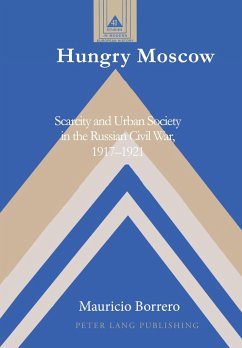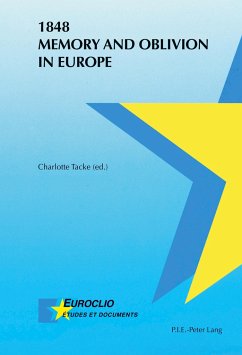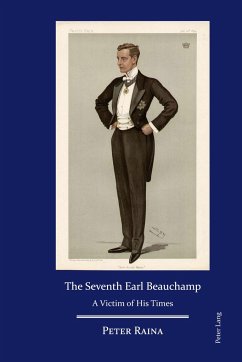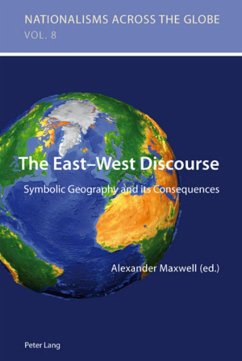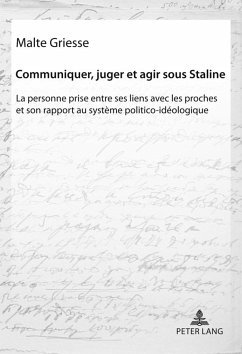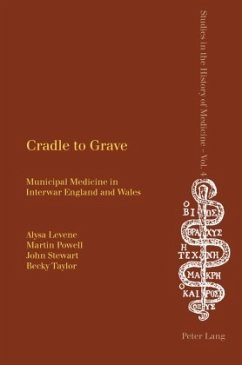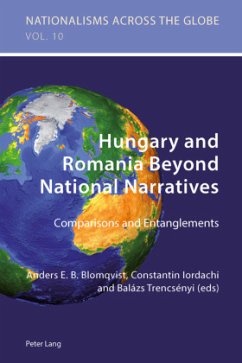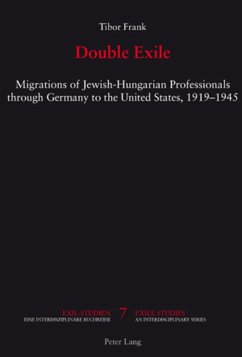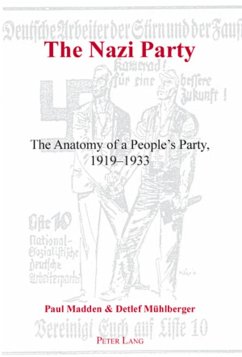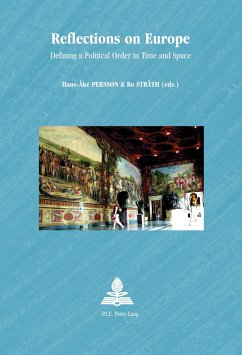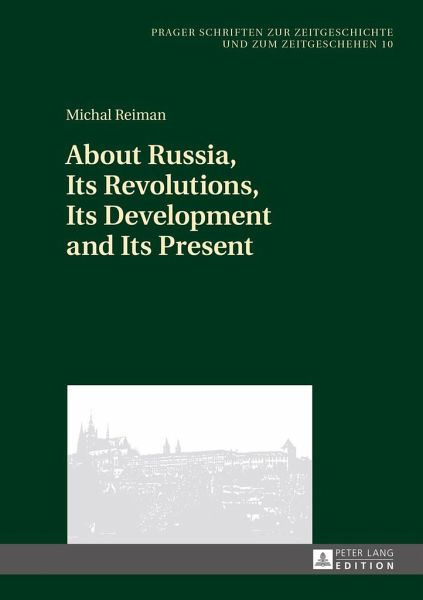
About Russia, Its Revolutions, Its Development and Its Present

PAYBACK Punkte
0 °P sammeln!
The author analyzes modern Russian history from a new perspective. Due to the ideological heritage of the XIXth and XXth centuries, the social settings of the sociopolitical history of the USSR (1917-1945) have not been fully identified. Detailed examination of ideological and political concepts shows that the revolution of 1917 became not a middle class, proletarian movement, but rather a plebeian one. The misjudgment by the new power enabled growth but caused tremendous losses of human lives and material damages. Socialization of economy and strict centralization led to a new social structur...
The author analyzes modern Russian history from a new perspective. Due to the ideological heritage of the XIXth and XXth centuries, the social settings of the sociopolitical history of the USSR (1917-1945) have not been fully identified. Detailed examination of ideological and political concepts shows that the revolution of 1917 became not a middle class, proletarian movement, but rather a plebeian one. The misjudgment by the new power enabled growth but caused tremendous losses of human lives and material damages. Socialization of economy and strict centralization led to a new social structure and established terror as an instrument for social reorganization. WWII revealed the necessity of a correction of these developments, but the events of the Cold War circumvented any further considerations.





